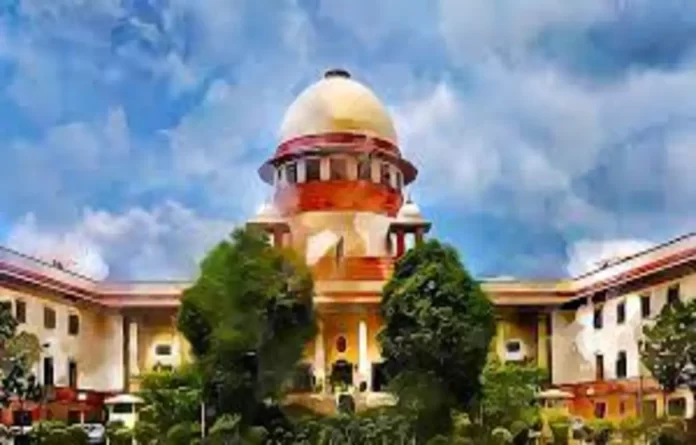The Supreme Court on Monday dismissed a petition filed by K Babu, Congress MLA from Kerala, challenging the maintainability of election petition lodged by CPM leader M Swaraj in the Kerala High Court challenging the former’s election from Thrippunithura constituency in 2021 assembly election.
K Babu moved the top court challenging the Kerala High Court’s order which rejected his preliminary objection to Swaraj’s petition. A bench of Justice Aniruddha Bose and Justice PV Sanjay Kumar noted that the objection raised by K Babu have no merits and that the Kerala High Court order warranted no interference.
CPM leader M Swaraj, who lost to Congress MLA K Babu in the 2021 assembly polls, approached the High Court seeking to declare the election of Babu null and void. The allegation against K Babu is that he used corrupt practices that materially affected the result of the election by appealing to Hindu voters based on religion.
Later, K Babu had filed a plea before the Kerala High Court with a preliminary objection that the election petition filed by Swaraj suffered from material defects owing to non-compliance of the provisions of Section 81,82, 83 of the Representation of People Act, 1951 and ought to be rejected. However, the Kerala High Court decided to proceed with the trial of the election main petition against K Babu.
The High Court in its order dated 29th March, 2023, had refused to entertain the preliminary objection of Babu and decided to proceed with the election petition. The plea alleged that K Babu distributed slips to Hindu Voters with the picture of Lord Ayyappa with an inscription that read that their vote was for Ayyappa.
Reportedly, the preliminary objection raised by K Babu before the High Court was that although the election petition was presented within 45 days, the defects in the petition were cured beyond the period of 45 days. Due to this reason, the petition failed to comply with Section 81,82 and 83 of the RP Act and was liable to be dismissed, it was contended. Furthermore, it was pointed out that a sufficient number of copies of the petition were not furnished and the copies were not duly attested to be true copies and the defects were cured only belatedly. The Kerala High Court found the defects to be trivial and decided to proceed with the petition.


